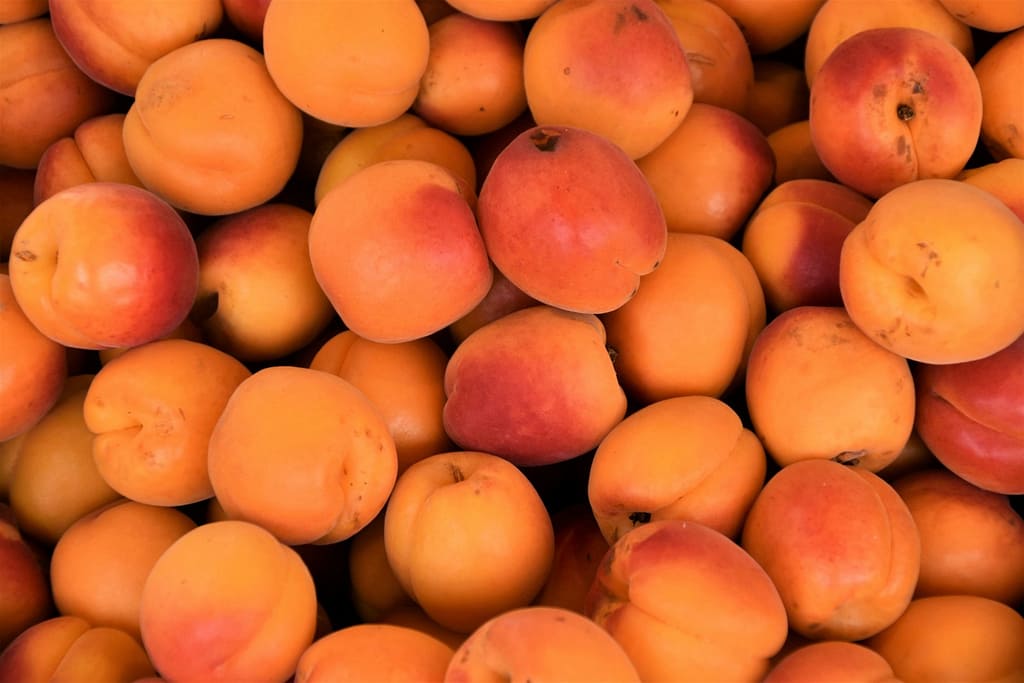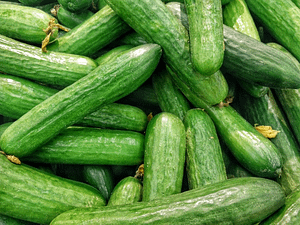
Fennel, scientifically known as Foeniculum vulgare, is a flowering plant belonging to the carrot family, Apiaceae. Widely cultivated for its various food ingredients, aromatic bulbs, leaves, and seeds, fennel has its origins in the region of the Mediterranean Sea, encompassing Southern Europe, North Africa, and Western Asia. However, its popularity and cultivation have spread to different parts of the world, driven by its exceptional culinary and medicinal properties.
The Culinary Delights of Fennel
Fennel’s versatility in the kitchen has made it a staple ingredient in various cuisines. The plant features feathery, finely divided leaves and vibrant yellow flowers. Its fragrant seeds and bulb-like swollen base are the most sought-after parts for culinary purposes.
1. Fennel Bulbs
The bulbous base of the fennel plant, often referred to as the “fennel bulb,” is the star of many dishes. It has a crisp texture and a subtle anise-like flavor, making it a delightful addition to salads, stir-fries, and roasted vegetable medleys. The bulb can be sliced, diced, or grilled to add a refreshing crunch and aromatic essence to your meals.
2. Fennel Leaves
The feathery leaves of the fennel plant offer a bright and herbaceous taste. They can be used as a garnish or chopped and incorporated into salads, soups, stews, and sauces. The leaves impart a delicate anise flavor that enhances the overall complexity of the dish.
3. Fennel Seeds
Fennel seeds are a treasure trove of flavor and are widely used as a spice in various cuisines. These small, oval-shaped seeds have a warm, sweet, and slightly licorice-like taste. They can be used whole or ground to add depth and aroma to bread, pastries, sausages, curries, and marinades. Fennel seeds are also commonly used in pickling and canning.
The Medicinal Wonders of Fennel
Beyond its culinary applications, fennel has a rich history of medicinal use. It contains an array of beneficial compounds that contribute to its therapeutic properties.
1. Digestive Aid
Fennel has long been recognized for its digestive benefits. It acts as a carminative, helping to relieve gas, bloating, and indigestion. The essential oils present in fennel stimulate the secretion of digestive enzymes, promoting smooth digestion and reducing discomfort.
2. Anti-inflammatory Effects
The phytochemicals found in fennel possess anti-inflammatory properties. These compounds help to reduce inflammation in the body, making fennel a valuable addition to a balanced diet that supports overall health and well-being.
3. Antioxidant Powerhouse
Fennel is packed with antioxidants, including flavonoids and phenolic compounds. These antioxidants help protect the body against oxidative stress caused by harmful free radicals. Regular consumption of fennel can contribute to a stronger immune system and a reduced risk of chronic diseases.
4. Hormonal Balance
Fennel contains phytoestrogens, which are plant compounds that mimic the effects of estrogen in the body. This makes fennel beneficial for women experiencing symptoms of menopause, as it may help alleviate hot flashes, mood swings, and other hormonal imbalances.
5. Respiratory Health
The expectorant properties of fennel make it an excellent natural remedy for respiratory conditions such as coughs, bronchitis, and asthma. It helps to loosen mucus and phlegm, making it easier to expel and providing relief from congestion.
How to Incorporate Fennel into Your Diet
Adding fennel to your diet is a simple and delicious way to reap its numerous benefits. Here are a few ideas to get you started:
1. Fennel Salad
Combine thinly sliced fennel bulbs with arugula, orange segments, and a citrus vinaigrette for a refreshing and nutritious salad.
2. Roasted Fennel
Toss fennel wedges with olive oil, salt, and pepper, then roast them in the oven until caramelized and tender. Serve as a side dish or add to roasted vegetable medleys.
3. Fennel Tea
Steep crushed fennel seeds in hot water to create a soothing and aromatic tea. Enjoy it on its own or add a touch of honey for sweetness.
4. Fennel-infused Oil
Create a flavorful oil by infusing olive oil with fennel seeds. Use it as a dressing for salads, a marinade for grilled vegetables, or a dip for crusty bread.
Conclusion
Fennel is not only a culinary delight but also a medicinal powerhouse. Its aromatic bulbs, leaves, and seeds bring a unique flavor profile to dishes, while its therapeutic properties support overall health and well-being. Whether you incorporate fennel into your salads, roasted dishes, teas, or infused oils, you are sure to enjoy its versatile benefits. Embrace the wonders of fennel and elevate your culinary creations while nourishing your body.

